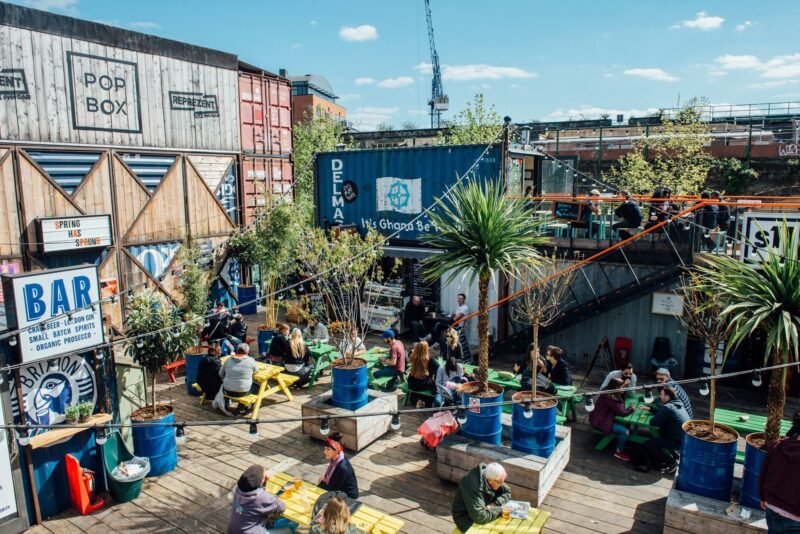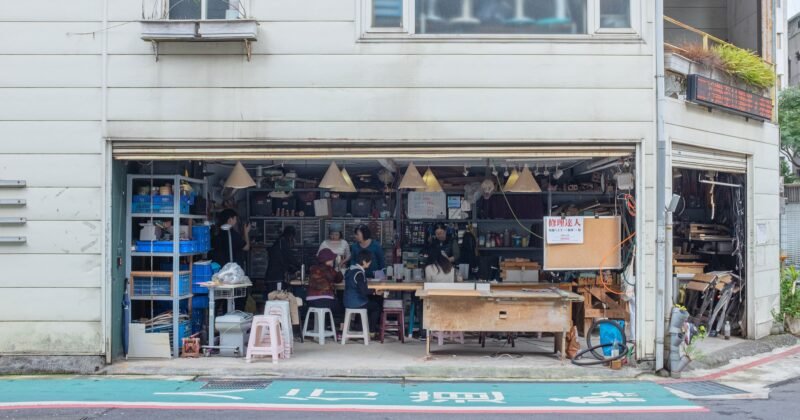Books Rescued From the Trash Fill Libraries Across the Country
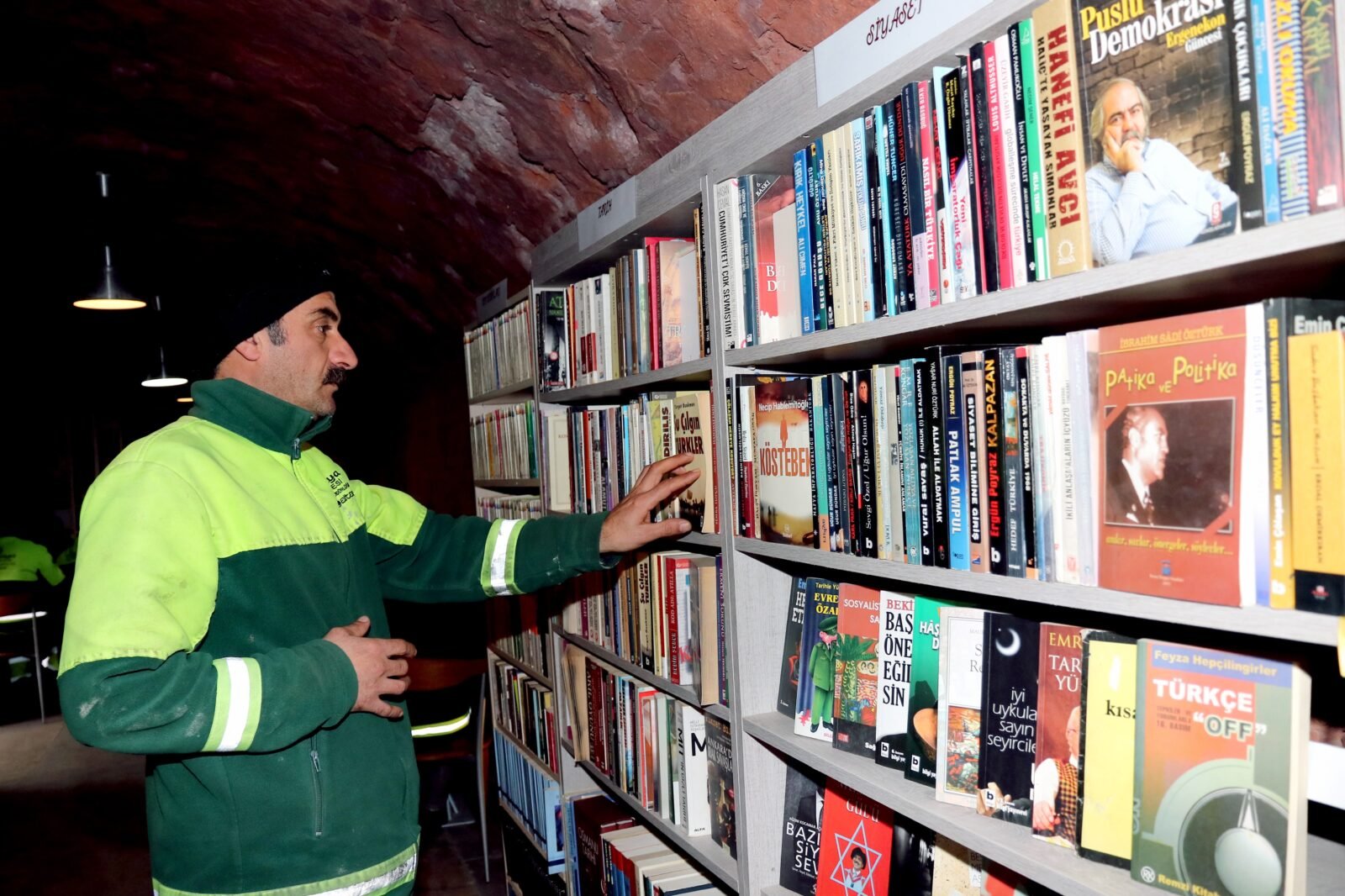
Garbage collectors in Ankara have turned an abandoned brick factory into a community library full of discarded books.
On the whole, libraries are mostly publicly funded and their formation is rather institutionalised, but the story of this Ankara library is somewhat unusual. The whole story started with sanitation workers in Çankaya district of Turkey’s capital, who began collecting books that citizens were throwing away. Initially, they gathered a collection of 600 titles, but as soon as word spread about their initiative, people began donating books directly to them. The city’s sanitation department dedicated an old brick factory at its headquarters to host a library for these books. Initially, it served the sanitation workers and their families, but as more books were added, it was decided to open it to the public in 2017.
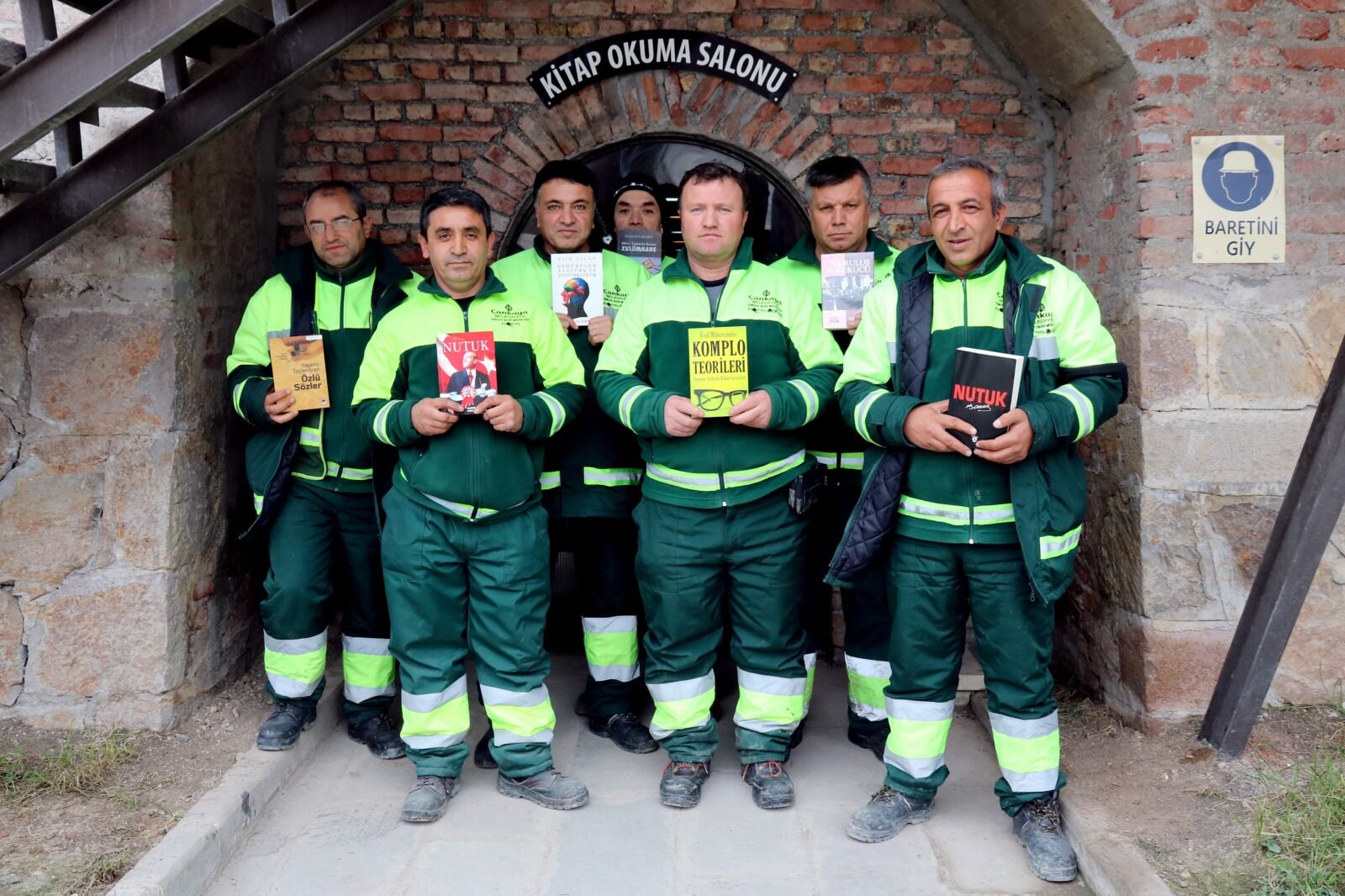
Currently, the collection consists of over 30,000 titles. It has a section of children’s books, scientific literature and books in English, French and German. Aside from the library, visitors can also play chess there or grab a cup of tea in a lounge and the university students come to read books as a group. The library is an example of a circular economy in action. Not only were the books destined to be thrown away, the furniture and artwork that decorates walls was also rescued from the trash.
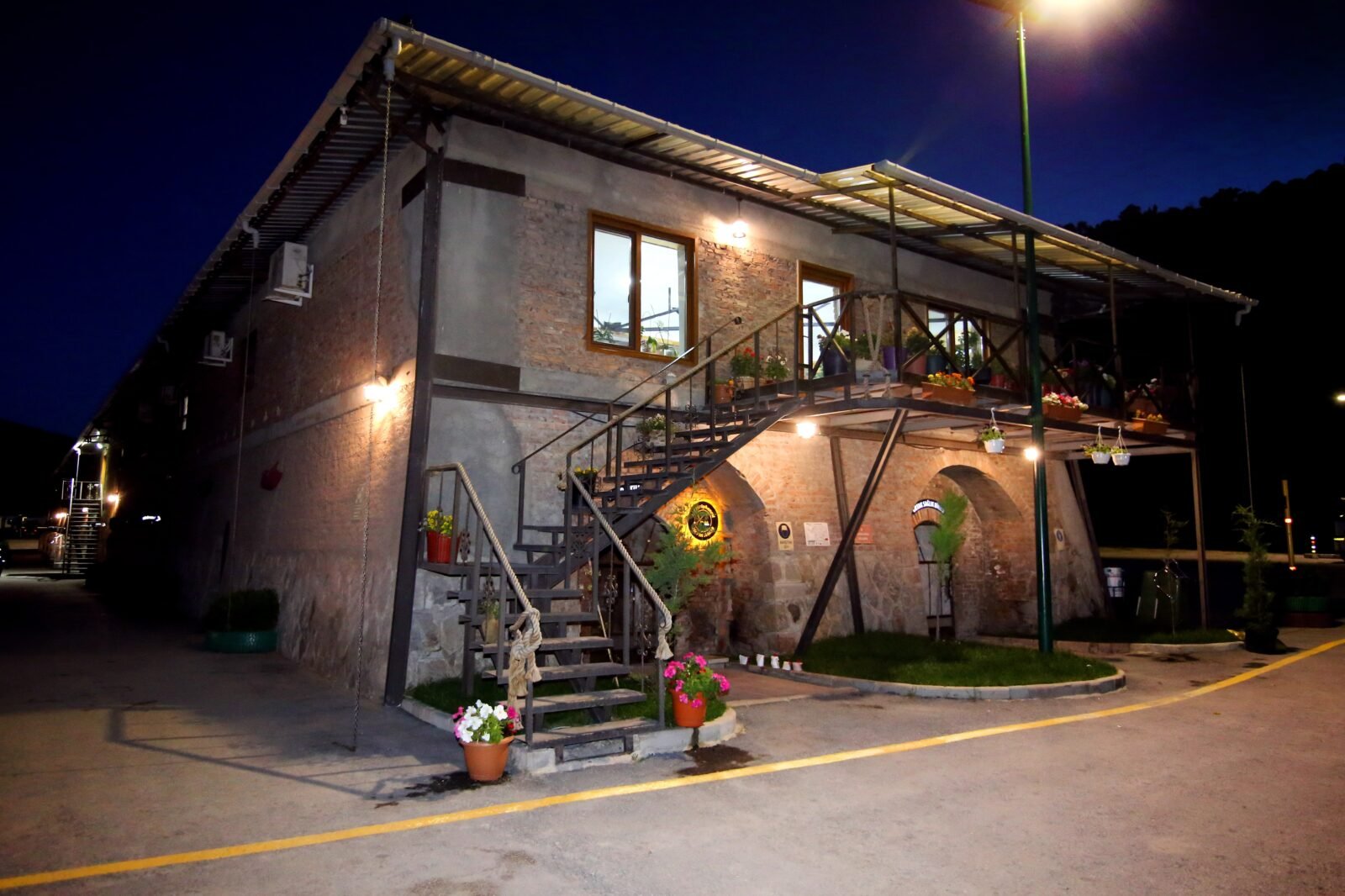
The municipality has converted one of its garbage trucks into a mobile library
The sanitation worker’s initiative is still developing. Their vast book collection is now regularly donated to schools, educational programs and prisons in other districts of the capital. Additionally, the municipality has converted one of their garbage trucks into a mobile library with 2000 books, however, due to the pandemic it cannot be used. The creativity of these sanitation workers and their willingness to work together has found another outlet in the orchestra they established, in which, unsurprisingly, they play instruments made from up-cycled objects found in the trash.
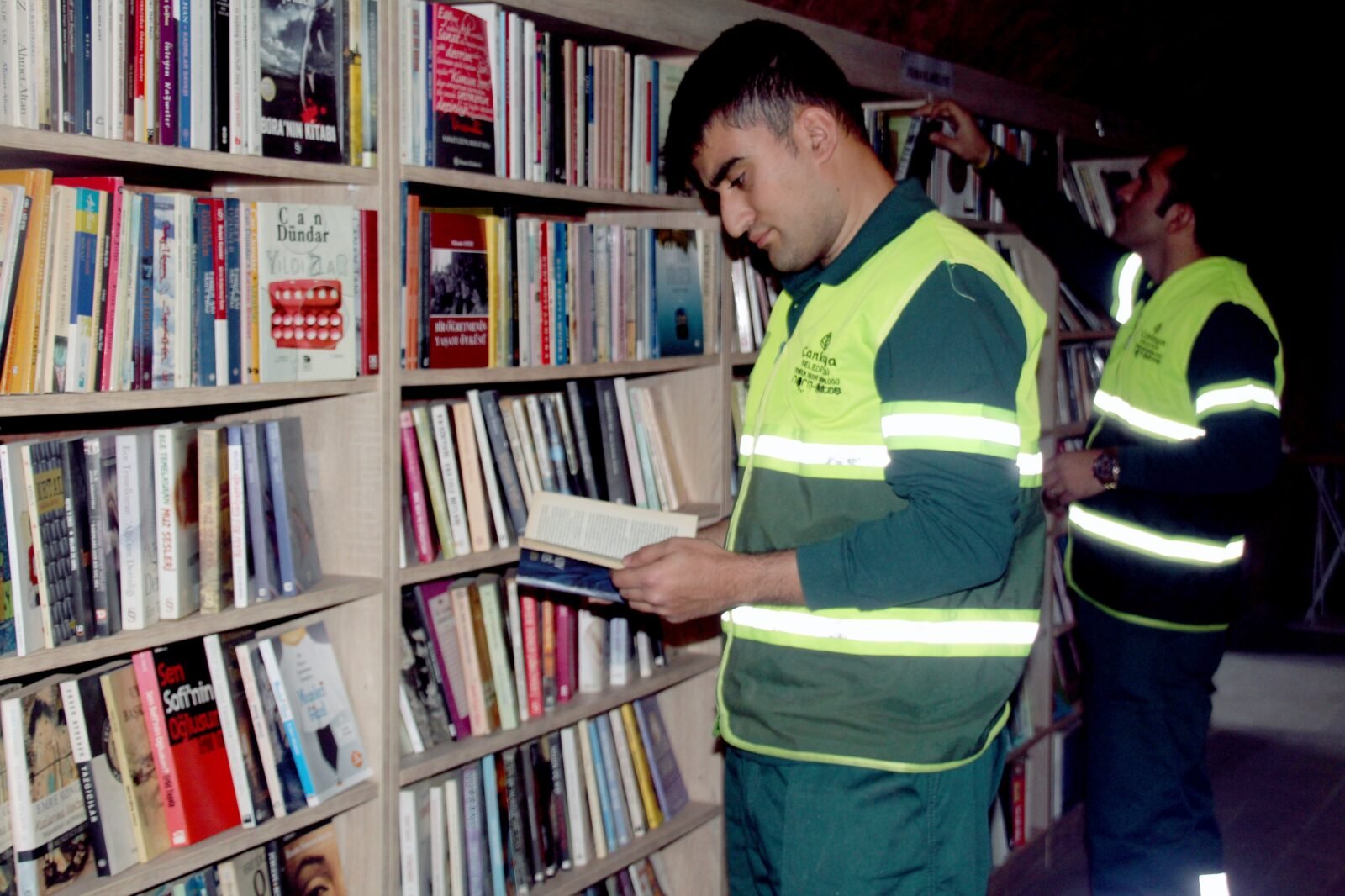
A similar grassroots initiative is led by José Alberto Gutiérrez. The former garbage collector from Bogotá, the capital of Colombia, has spent over 20 years collecting books discarded by residents during his night shifts. At that time, with 13 million inhabitants, Bogotá had only 19 public libraries. Gutiérrez together with his family created a home library called ‘La Fuerza de las Palabras’ which translates to ‘The Strength of Words’. As in Ankara, when residents noticed the garbage man’s initiative, they started donating books directly to Gutiérrez’s home library.

In the last 20 years, Jose Alberto Gutiérrez, called by locals a “lord of the books”, collected over 50,000 titles. They have amassed such a massive collection that they started to donate the books to poor neighbourhoods of Bogota and rural areas across Colombia. The books also go to demobilized Farc fighters and help them with re-socialization and preparing for new jobs. Additionally, part of the collection was donated to the indigenous community of Huitotacueimaní in the south of Colombia.
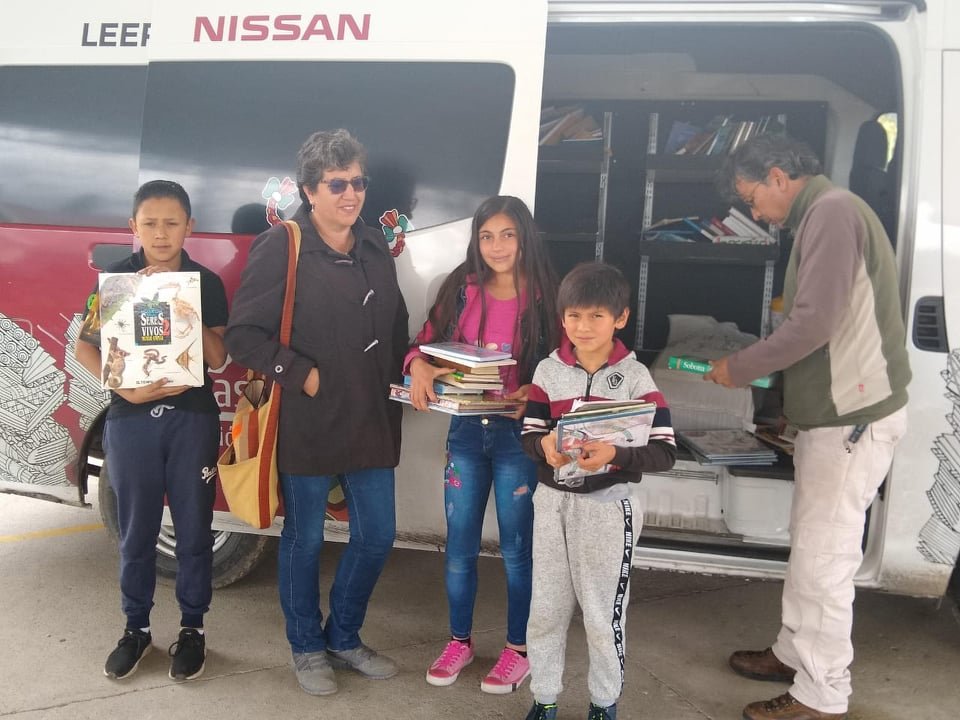
Both the library in Ankara and Bogota started by serving local communities. The Colombian library focused mainly on providing a safe place for children to spend time in and get help with homework. As Gutiérrez was laid off from his job at the sanitation company, his family’s next dream is to move their collection from 15 m2 at home to a real library building where, in addition to borrowing books, people will also be able to take part in recycling workshops. The Gutiérrez family’s efforts have already helped more than 22,000 fellow countrymen, and the Colombian book lover himself even became the protagonist of a children’s book — Digging for Words: José Alberto Gutiérrez and the Library He Built.

Two observations emerge from these stories. Firstly, even a large initiative can begin with the simple act of one wo/man. Secondly, these initiatives don’t always require a great number of funds to get started. Institutionally supported bottom-up initiatives can grow and become part of the social structure themselves with benefit to the entire city.
